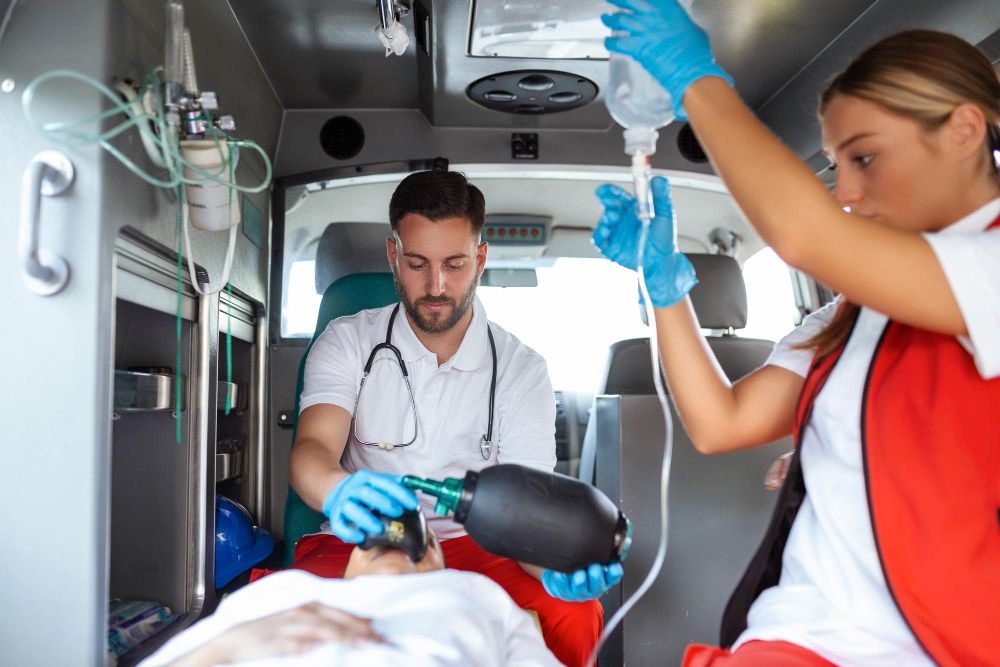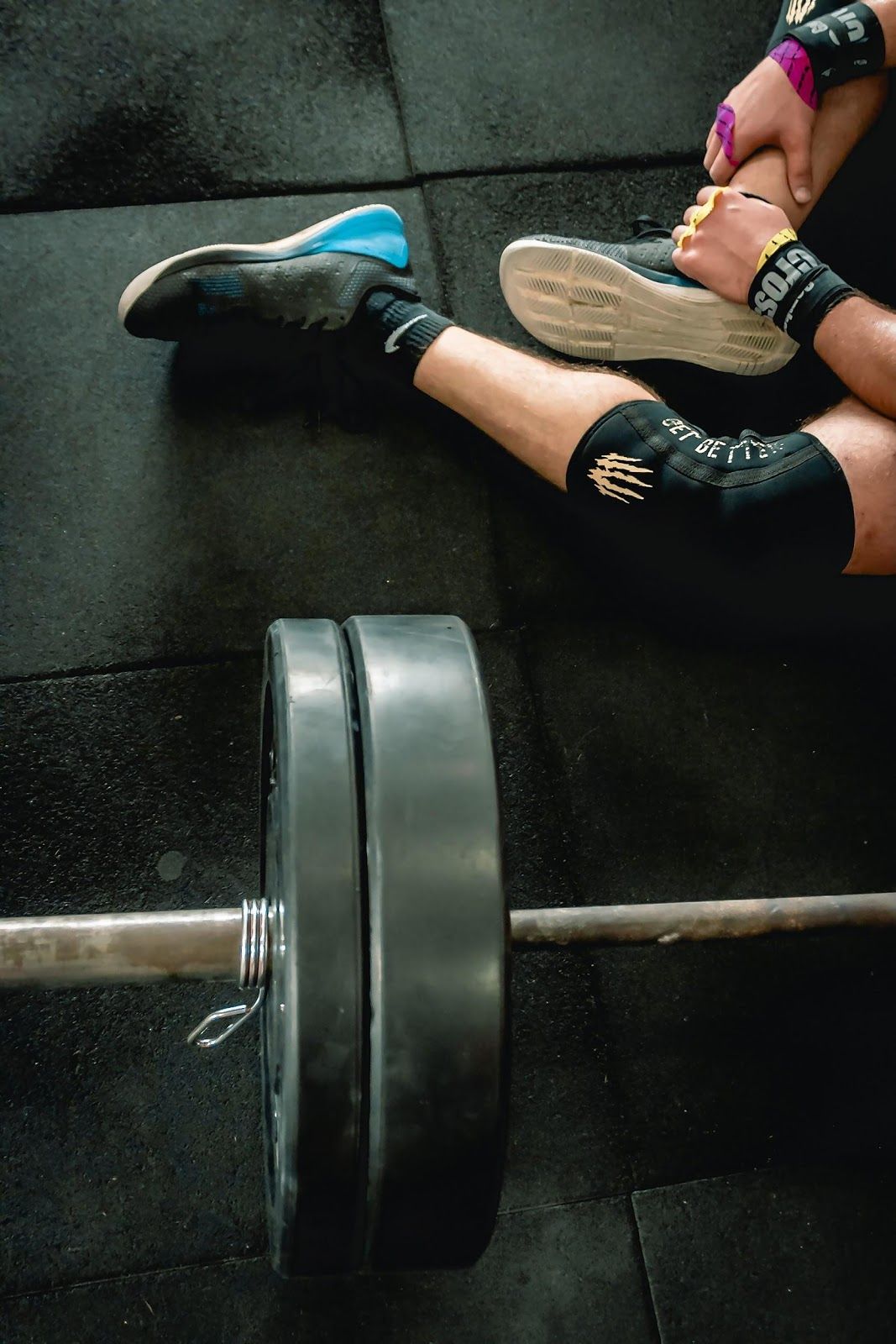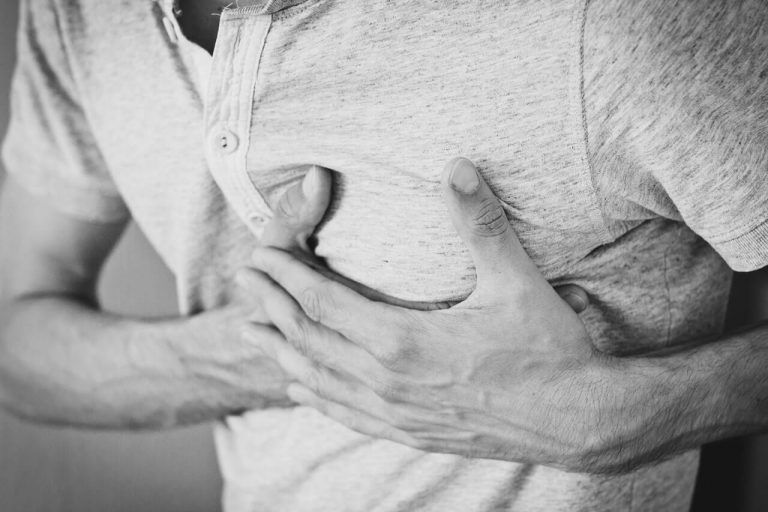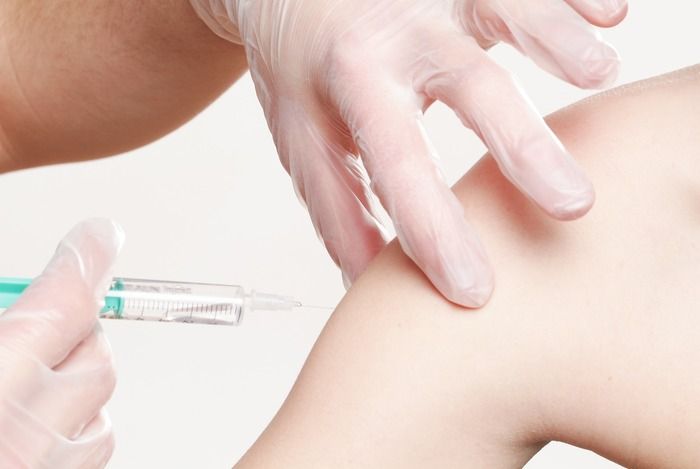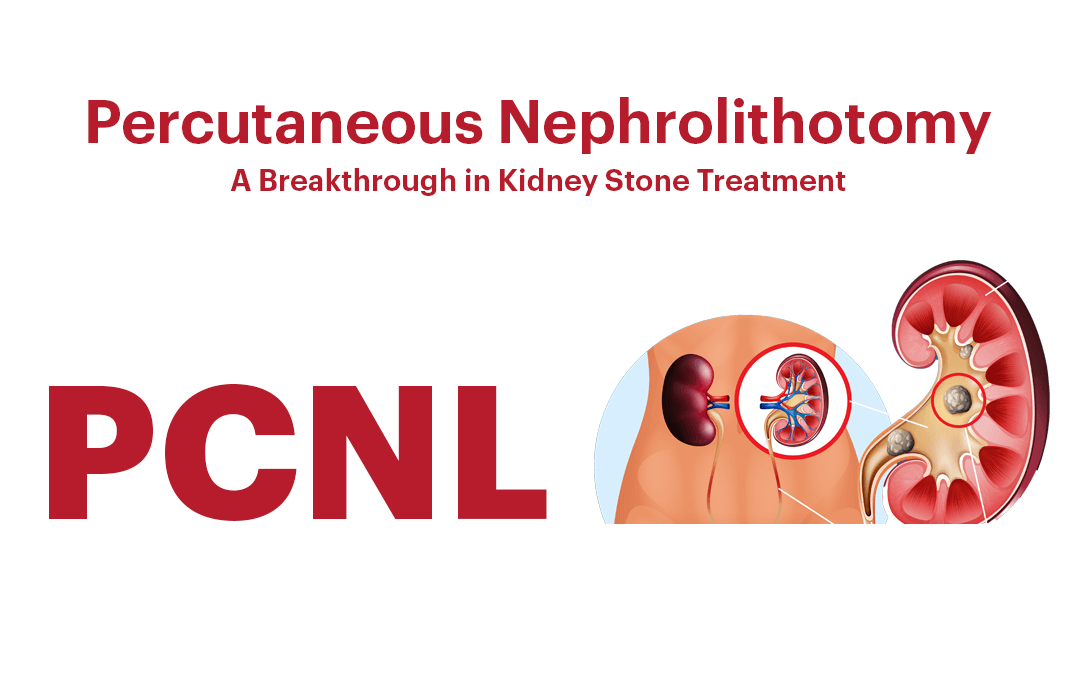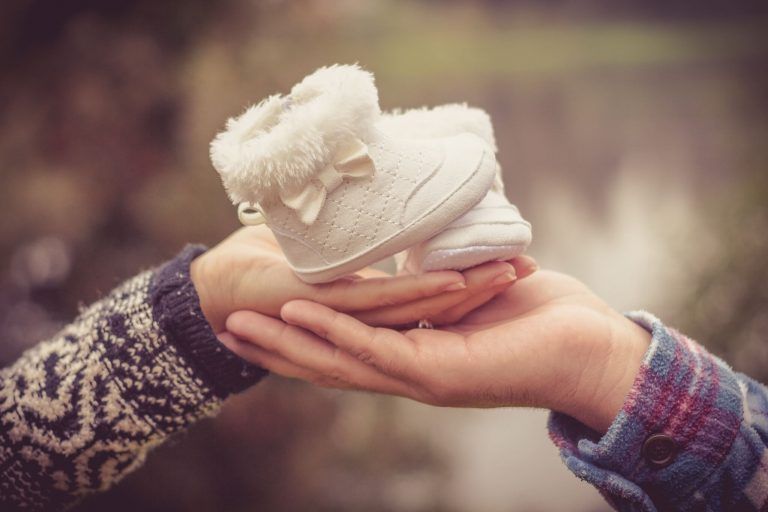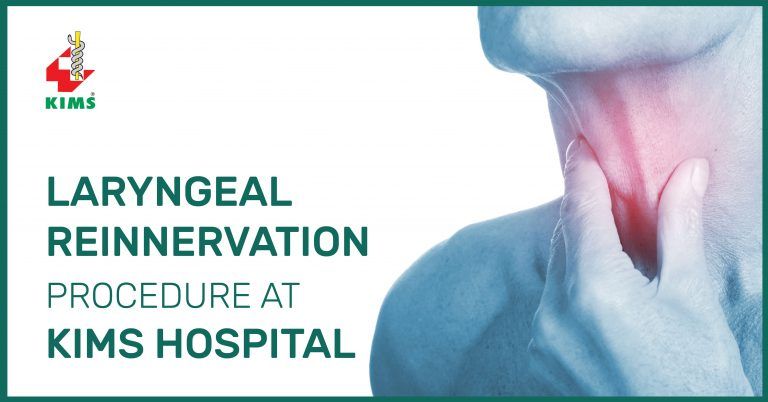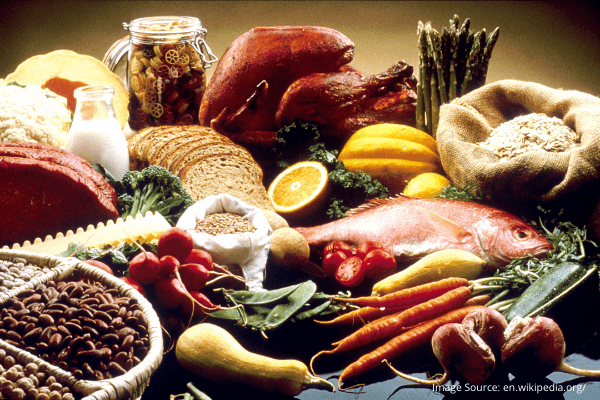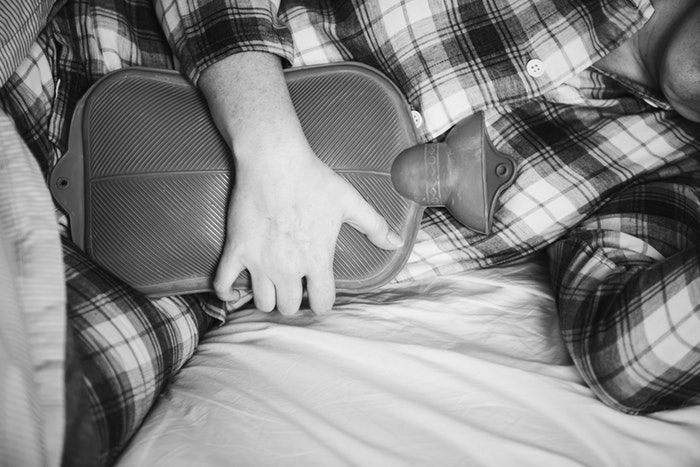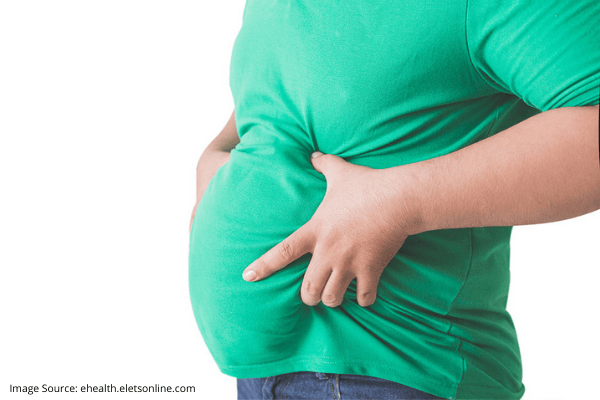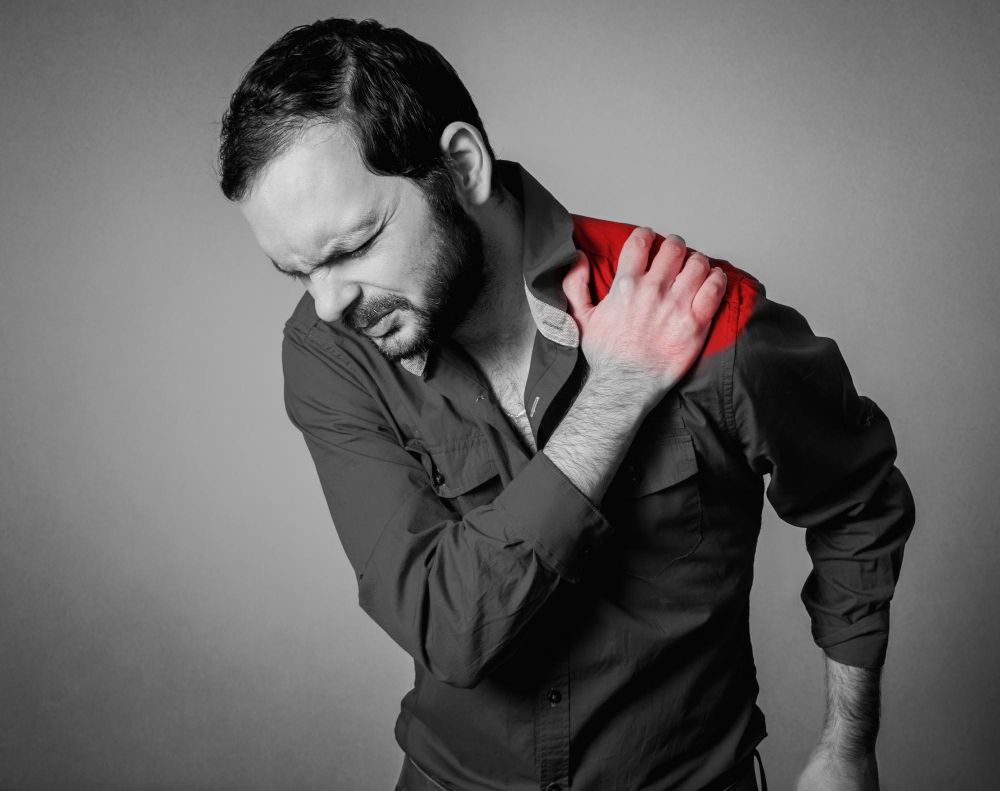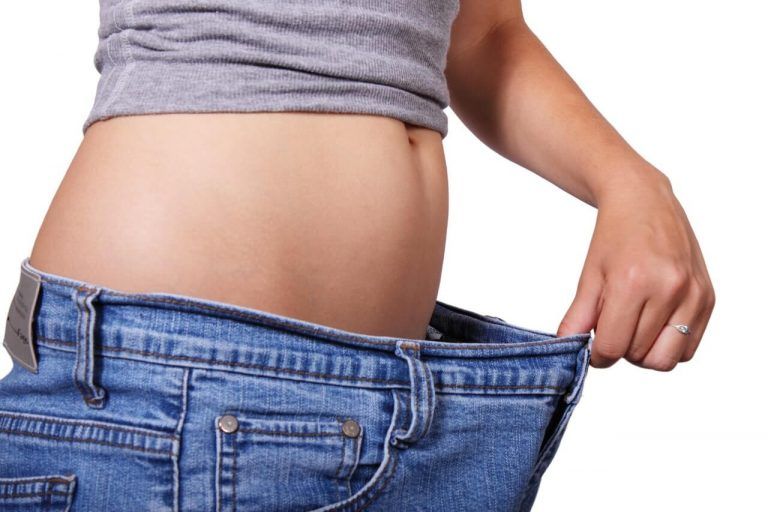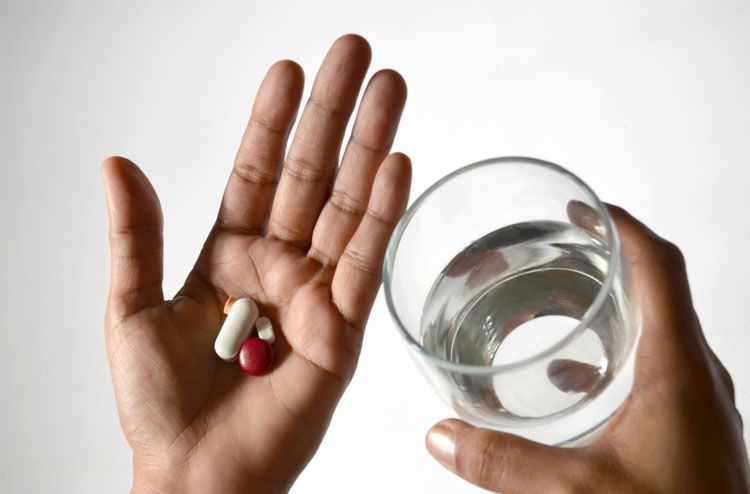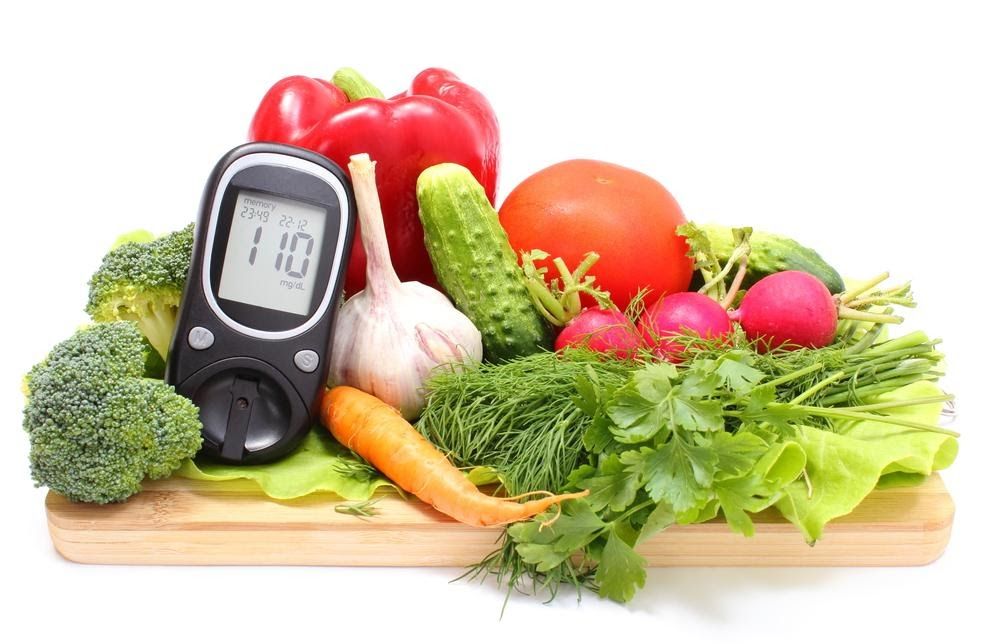Cardiac Arrest
Cardiac arrest is a condition in which the heart suddenly stops beating. It is different from a heart attack, which occurs when the blood supply to the heart is blocked. Whereas, in cardiac arrest, the heart stops functioning abruptly and the electrical function of the heart malfunctions. As a result, it does not pump the blood forward to the brain, lungs, and other organs. Without treatment, a patient may die within minutes.
The heartbeat may become irregular or stop entirely during cardiac arrest, a condition known as arrhythmia. The most common form of arrhythmia that occurs in cardiac arrest is ventricular fibrillation (VF). This condition needs immediate attention since the brain needs oxygenated blood to function. Under such circumstances, it cannot survive more than a few minutes without it, resulting either in permanent damage to part(s) of the brain or death. Cardiac arrest can occur at any time, but individuals with underlying pre-existing heart disorders are at risk of such incidences.
Causes of cardiac arrest
Cardiac arrest has numerous causes, and knowledge of these causes is very essential in both prevention and treatment.
CAD: This is a condition where the heart's arteries get narrowed or blocked, which in most cases leads the victim to suffer a heart attack, has been found to be a very common cause of cardiac arrest.
Myocardial infarction or heart attack: When the heart muscle is severely destroyed, cardiac arrest is caused by a severe heart attack. The critical interruption of blood flow will result in arrhythmia and could eventually become cardiac arrest.
Arrhythmias: Rhythm disorders of the heart, ventricular fibrillation, and ventricular tachycardia are typically a direct trigger for the cause of cardiac arrest. In such disorders, the electrical system of the heart fails to work properly, including rapid and abnormal rhythms.
Cardiomyopathy: This disease involves the thickening and enlargement of the heart's muscles, which leads to obstructions in the functioning of the pumping of the heart. Cardiomyopathy predisposes to arrhythmias and cardiac arrest.
Congenital heart disease: Individuals born with heart disease are at risk of experiencing cardiac arrest due to the structural and electrical anomalies that cause disturbance in the heart.
Electrolyte imbalance: Critical levels of important electrolytes, for example, potassium and magnesium, affect the electrical functioning of the heart, often causing arrhythmias and culminating in cardiac arrest.
Drug overdose or poisoning: Drugs such as opioids and stimulants can also cause disastrous arrhythmias that eventually result in cardiac arrest.
Extreme physical injury or gross bleeding: At times, extreme trauma or gross haemorrhage could cause the heart to stop and not pump blood within the normal rhythm, thereby causing cardiac arrest.
Cardiac arrest symptoms
Cardiac arrest usually arises without warning. Though often unremarkable, sometimes some symptoms may occur beforehand:
- Sudden collapse
- There is no pulse
- Chest pain
- Dizziness or lightheadedness
- Palpitations
Diagnosis of cardiac arrest
The diagnosis of cardiac arrest is fundamentally clinical. Thus, it's upon physical symptoms and lack of a heartbeat with breathing. However, the following tools can confirm the diagnosis:
- Electrocardiogram (ECG)
- Echocardiogram
- Coronary angiography
Treatment of cardiac arrest
Cardiac arrest treatment should start immediately. For every passing minute, the chances of survival continue to dwindle. The following are important components in the management of cardiac arrest:
CPR: CPR is the first procedure and also the foremost one. Compressions on the chest are what keep the blood circulating into the brain and other parts as further medical attention is administered.
Defibrillation: Defibrillation uses an AED, for instance, to shock the heart back to normal rhythm using electricity. Early defibrillation has greatly increased the chances of survival.
ACLS: Emergency doctors can facilitate administering drugs, by intubating the patient to secure their airway and by appropriately re-initiating defibrillation when they arrive.
Post-cardiac arrest care: If circulation is restored, the patient may be placed on ICU-level care, including cooling therapy, or therapeutic hypothermia to protect the brain and any interventions he/she may require to address the cause of the event.
Ten Effective Remedies That You Can Refer to When You Are Suffering from Muscle Cramps
Finally starting off with the gym life can get too overwhelming until you hit those muscle cramps along with the weights.
ICSI(Intra Cytoplasmic Sperm Injection)
Normally during every mid-menstrual period, one of the 2 ovaries releases an ovum. Each ovum is covered by a membrane called follicle,
Pregnancy and Delivery Care
Nothing could possibly compare to the joy of becoming a parent. After nine long months of waiting, the moment you have been waiting for is almost there:
Some Common Causes of Chest Pain
The first thing that jumps into the mind whenever you have some sort of chest pain is heart attack! It’s only human to feel that way
Organic Food Vs GMO Food: What Should You Pick?
There is no doubt that the quality of food we consume is crucial for our good health. And with more people becoming health conscious the d
Importance of Breastfeeding and Vaccinations for Newborns
Going nature’s way is best when it comes to providing nourishment for the apple of your eye – your baby. Breast milk is best for your baby as it
Percutaneous Nephrolithotomy (PCNL): A Breakthrough in Kidney Stone Treatment
Kidney stones, those small, hard mineral deposits that form in the kidneys, can cause excruciating pain and discomfort.
Skin Tags - Benign Tumor or Cancerous Tumor?
Skin tag if observed is a narrow stalk that hangs about your skin, bulging at the end. They are usually freshly colored and can grow anywhere on your body.
3 Ways Vitamin C is Helpful for the Immune System
The water-soluble vitamin, Vitamin C is also known as ascorbic acid. It is helpful in building up the blood vessels, skins, and making bones stronger
4 Signs of Mental Illness
As life has gotten fast and hectic, different health issues have got introduced lately. Not just physical issues,
4 Ways Night-Shifts Can Be Dangerous For Your Menstruation And Ovulation
A good night's sleep is of value for pregnant women. But with strenuous work-hours and shift work, sleep can quite a luxury for all.
Causes Of Infertility in Women
More and more women are putting off pregnancy till well into their 30’s or early 40’s for career reasons; infertility is fast becoming a major heartbreaking issue for such couples.
Do Not Indulge in These 9 Common Dieting Mistakes
Dieting is not just about eating less or starving yourself to meet unrealistic goals. Healthy dieting involves making informed food choices.
Laryngeal Reiinervation Procedure at KIMS Hospital
Mr. K.P 56-year-old business executive from Bangalore underwent a thyroid surgery two years back.
Learn How Stress Affects Your Heart Health
Stress is a frequent side effect of the modern 21st Century lifestyle. We’re always running around to meet deadlines, pay bills we tend to
Lose Weight: The Healthy Way
Almost everyone we know is worried about the way they look. There are several concerns people have, like their complexion
Myths About Bariatric Surgery
Bariatric surgery – be it the gastric bypass and other weight-loss surgeries – involve making changes to your digestive system to help you lose weight.
Non-alcoholic Fatty Liver Disease: Should You be Worried?
A recent study has found that 1 in 5 people in India suffers from liver disorders. Before you blame it on the increased alcohol consumption
Obesity and its Relation to Type 2 Diabetes
Diabetes is a condition that arises when the body doesn’t produce enough insulin,, hence there is excess glucose in the blood
Rotator Cuff Tear
A rotator cuff tear is a rotator cuff injury that can cause shoulder pain and loss of arm function. The rotator cuff is a set of muscles and tendons in your shoulder.
What Happens to Your Body When You Fast?
Fasting has been practised by humans for thousands of years as a way of rejuvenating the mind, body and soul and as a common ritual of many religions from all over the world
Why You Shouldn’t Consume Medicines with Cold Water
There has been a long-raging debate on the temperature of water needed for consuming medications. You won’t find much as in research papers
10 Tasty Delicious Diabetic-Friendly Recipes
Worry about it no more, as a healthy diabetic diet does not have to be bland. Instead, you can enjoy a myriad of flavorful, low-calorie
4 Not So Common Health Problems in Teenagers
The current generation of teenagers have far more access to technology and gadgets than their parents did.
4 Secrets to Adjusting Your Toddler's Sleep Cycle
Most of the parents, some time or the other, may have faced the trouble of making their toddlers sleep at night.
Related Blogs
Ten Effective Remedies That You Can Refer to When You Are Suffering from Muscle Cramps
Finally starting off with the gym life can get too overwhelming until you hit those muscle cramps along with the weights.
ICSI(Intra Cytoplasmic Sperm Injection)
Normally during every mid-menstrual period, one of the 2 ovaries releases an ovum. Each ovum is covered by a membrane called follicle,


